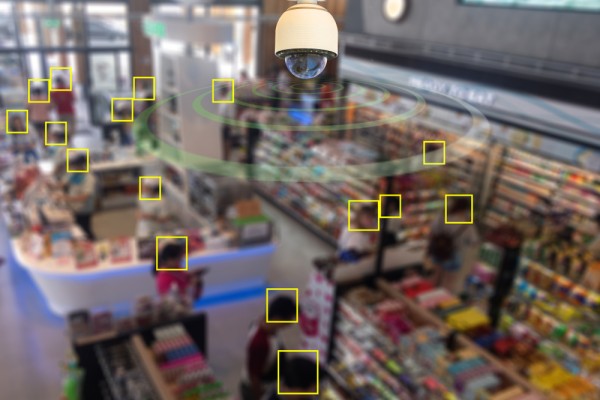Home Office lobbies ICO over facial recognition company Facewatch
04/09/2023 | The Guardian
Reports emerged over the weekend that the Home Office is pushing for high-street shops and supermarkets to adopt facial recognition technology to combat the rising number of shoplifters. With the retail industry no longer able to consistently rely on the police, many retailers are turning to the technology as an alternative.
According to internal government documents seen by The Observer, the Home Office has launched a secret strategy to persuade the Information Commissioner's Office (ICO) to support the deployment of facial recognition technology in stores. The revelation comes after a closed-door meeting between the policing minister, senior Home Office officials, and the live facial recognition company, Facewatch. A Home Office spokesperson said, “Facial recognition can help businesses protect their customers, staff and stock by actively managing shoplifting and crime.”
The minutes of the meeting indicate that Home Office officials are prepared to write to the ICO to advocate for the use of the technology, despite concerns about its potential negative impact. The extent of the contact between the Home Office and the ICO regarding Facewatch is not clear.
In a statement responding to the news, Mark Johnson, Advocacy Manager for civil liberties and privacy campaign group Big Brother Watch (BBW), said, "Minutes of the closed-door meeting between Chris Philp and surveillance tech firm Facewatch make for uncomfortable reading. The Home Office must urgently answer questions about this meeting, which appears to have led officials to lean on the ICO in order to favour a firm that sells highly invasive facial recognition technology."
In a separate statement, BBW highlights that the government's agreed actions following its secret meeting to expand facial recognition use in shops are a clear attempt to influence the independence of the ICO. Johnson said: “The Home Office must urgently answer questions about this meeting, which appears to have led officials to lean on the ICO in order to favour a firm that sells highly invasive facial recognition technology."
Then on Tuesday, The Times (£) reported that the government plans to introduce stricter penalties for repeat shoplifters, including mandatory jail time. They also plan to increase the use of facial recognition technology by police and retailers to help catch offenders. The new measures are part of a larger crime and justice bill that will require judges to impose custody for those caught committing the same crime multiple times.
Meanwhile, the UK's policing minister, Chris Philp, is encouraging police forces to increase their use of live facial recognition technology and artificial intelligence to identify known shoplifters from images on the police national computer. The government wants all police forces to use facial recognition, but currently, only the Metropolitan Police and South Wales Police do so regularly. As justification, they cited that a known sex offender was caught at the coronation in May after facial recognition cameras spotted him.
In a third statement from BBW, Mark Johnson said, “Deploying this face-scanning surveillance to track the public is a dangerously authoritarian step that aligns the UK with the likes of Russia and China. Rather than promote its use, the Government should follow other liberal democracies around the world that are legislating to ban this Orwellian technology from public spaces.”
UPDATE: 020923 - An update to this article, reposted in The Guardian in September, focuses on the heavily redacted correspondence between Policing Minister Chris Philp and Facewatch, which reveals the Minister would “do everything possible” to promote the widespread adoption of facial recognition technology.
In a new statement from BBW, Mark Johnson said, "Correspondence from Philp to Facewatch makes for deeply uncomfortable reading and portrays the Minister as more of a lobbyist for this facial recognition firm than a Minister of the Crown. It’s disturbing that these heavily redacted letters reveal Philp was giving full-throated support to Facewatch, at the taxpayer’s expense, both during the investigation and after the company was found to have breached a raft of privacy laws."

What is this page?
You are reading a summary article on the Privacy Newsfeed, a free resource for DPOs and other professionals with privacy or data protection responsibilities helping them stay informed of industry news all in one place. The information here is a brief snippet relating to a single piece of original content or several articles about a common topic or thread. The main contributor is listed in the top left-hand corner, just beneath the article title.
The Privacy Newsfeed monitors over 300 global publications, of which more than 6,250 summary articles have been posted to the online archive dating back to the beginning of 2020. A weekly roundup is available by email every Friday.

